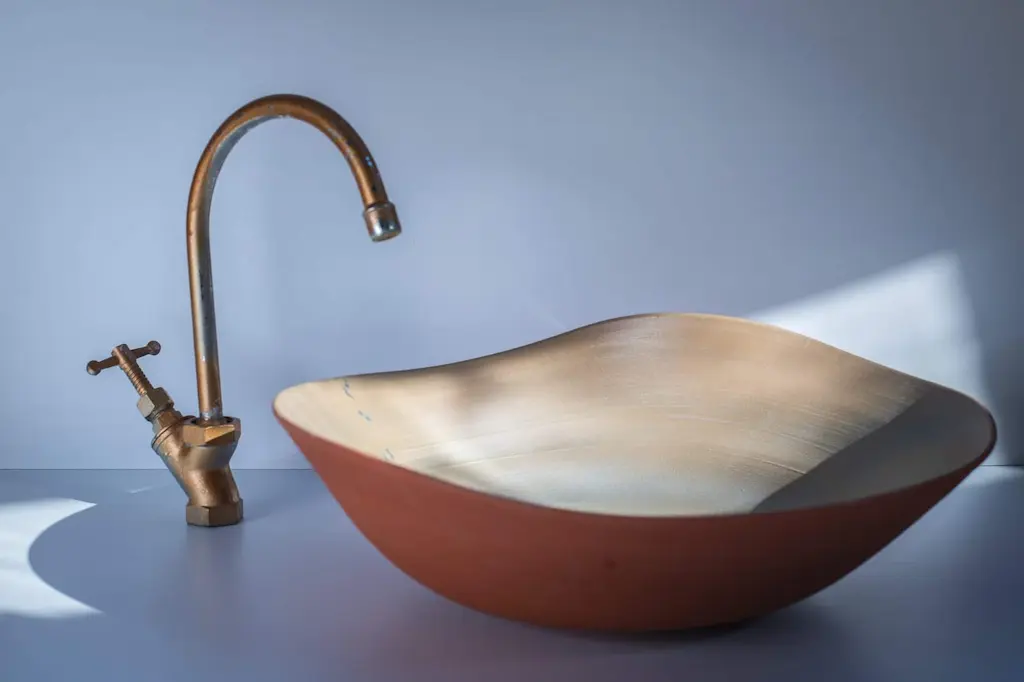BEST PORTUGAL BRANDS
Ana Águas article
Naiim Pottery represents a new dialogue between tradition and innovation in ceramic design
In a world where design constantly reinvents itself, Naiim Pottery stands out as a headlight of creativity, Elegance and Sustainability. The brand combines old techniques with modern approaches, offering unique pieces that tell stories through shapes and textures.

Naiim Pottery comes to us at the hands of Yishai Simon, an Israelite based in Portugal since 2020. Yishai, chose São Luís to settle and continue his ceramic work, today drives your brand and your Studio from Odemira, where it gives seminars and workshops.
The parts of Naiim Pottery are meticulously made using different Japanese ceramic techniques, like Raku, A technique that unites land, ar, fire and water. This fusion of 4 Natural elements generates perfect unique parts of intense tones, metallic or deep, Raku Raku to Art.
Yishai is inspired by nature and the process of creation, since this fire relationship, air and water allows nature to leave its spontaneous brand in the piece, What makes the process deeply artistic. The unpredictability of the colors of textures and crackers create unique and unrepeatable pieces.
The creations Naiim Pottery celebrate imperfection and authenticity and transform utilitarian objects into contemplative and functional arts. In your collections we can find washbasins with undulating lines of metal tones, vibrant color ballot, or decorative pieces with intense tones enamels. The brand sells mainly to the B2B market, but it is also available to the end customer. In addition to Europe exports its products to the U.S., Canada, Australia and Middle East.
Promoting the value of conscious design, The brand assumes its commitment to sustainability, using natural clays and ecological pigments, Production follows principles of zero waste, reusing materials whenever possible. This circular approach respects not only the environment, but also infuses each piece with a purpose and energy, reflecting harmony with nature.
Raku ceramics originates from 16th century Japan and is a technique known for the association with the tea ceremony. Raku involves a rapid burning process at high temperatures, followed by an abrupt cooling, Creating pieces with unique and spontaneous textures and patterns.
___